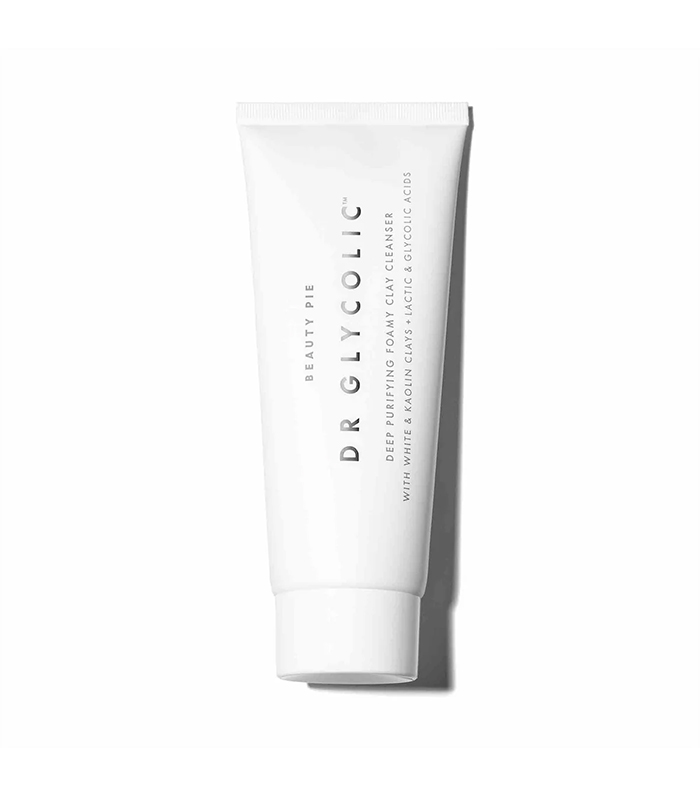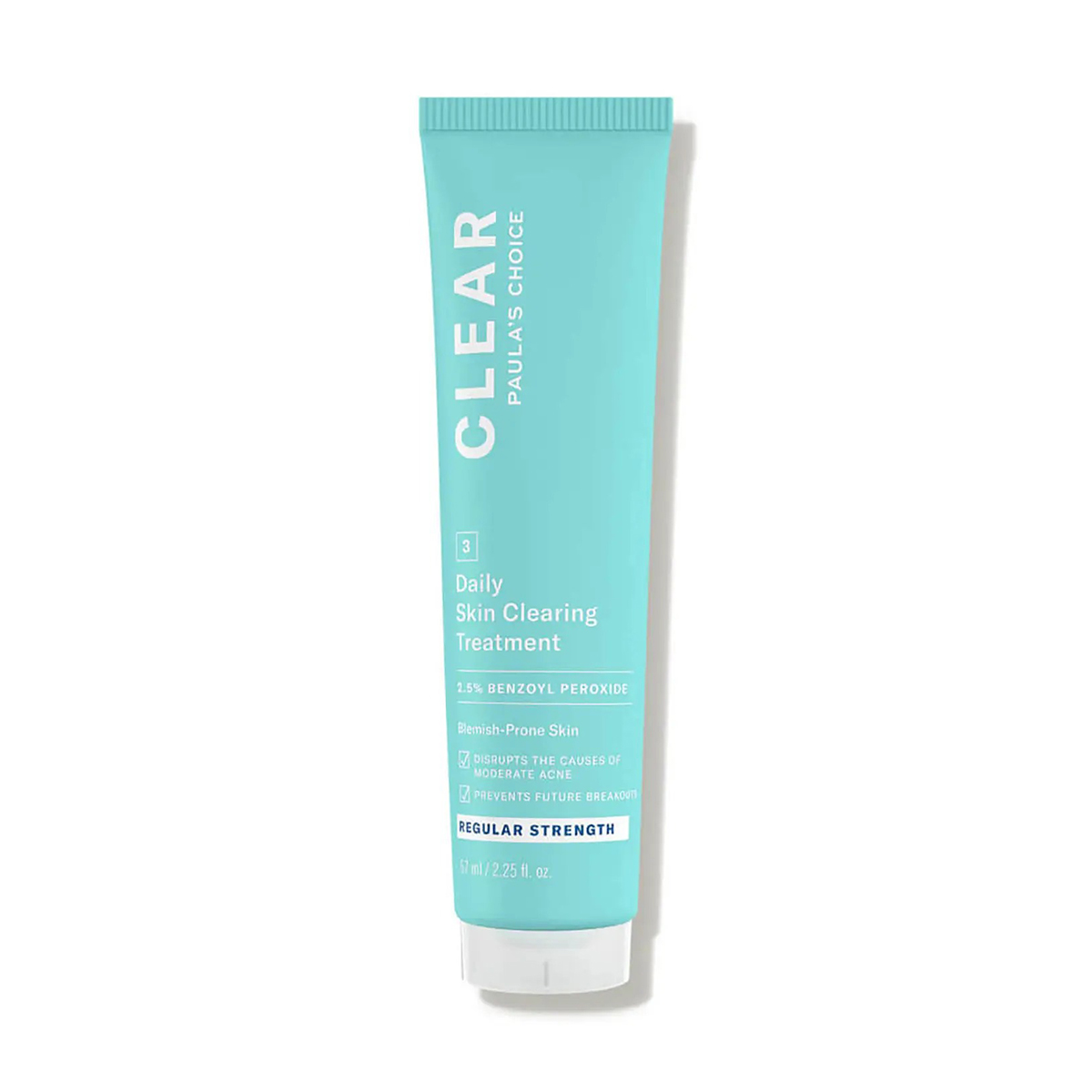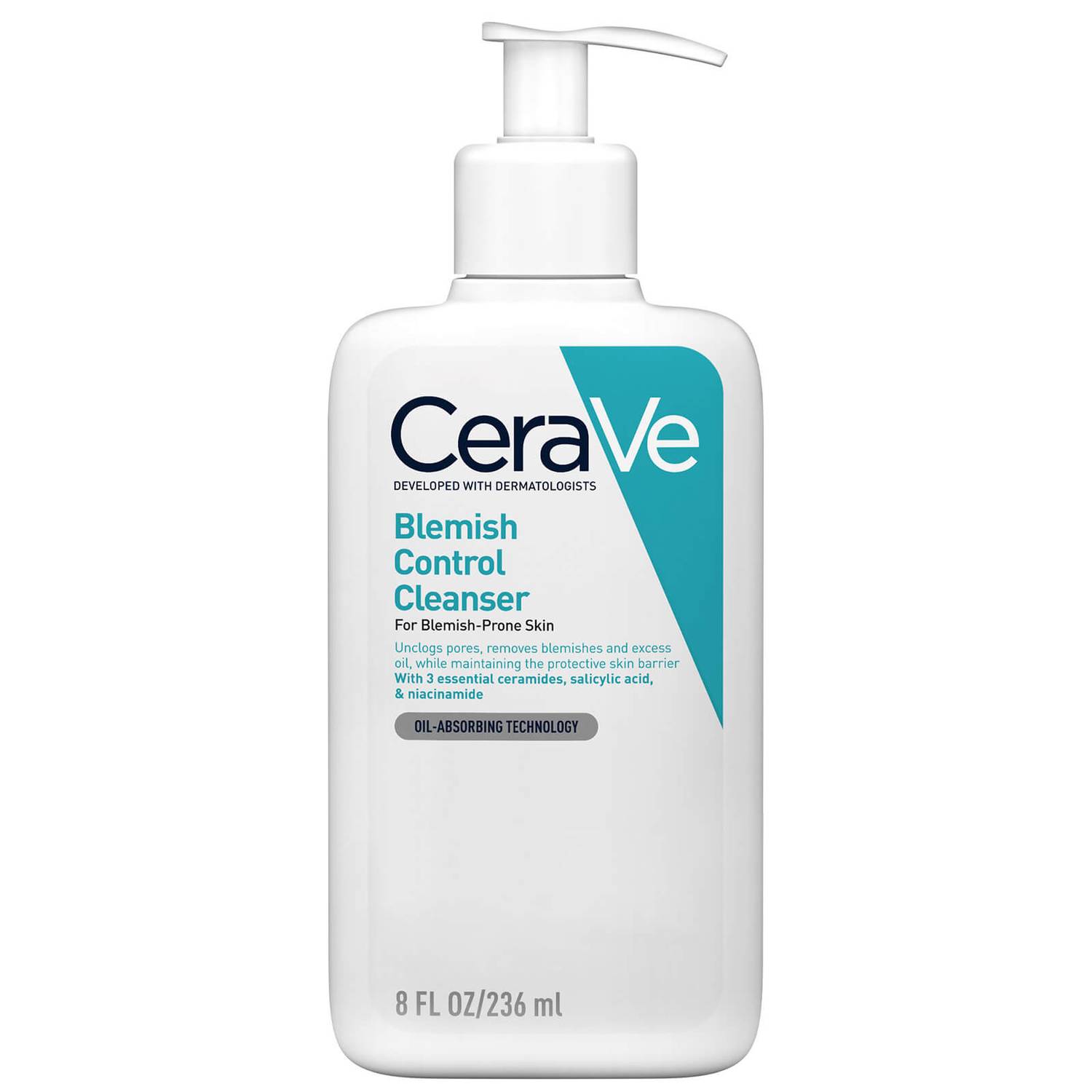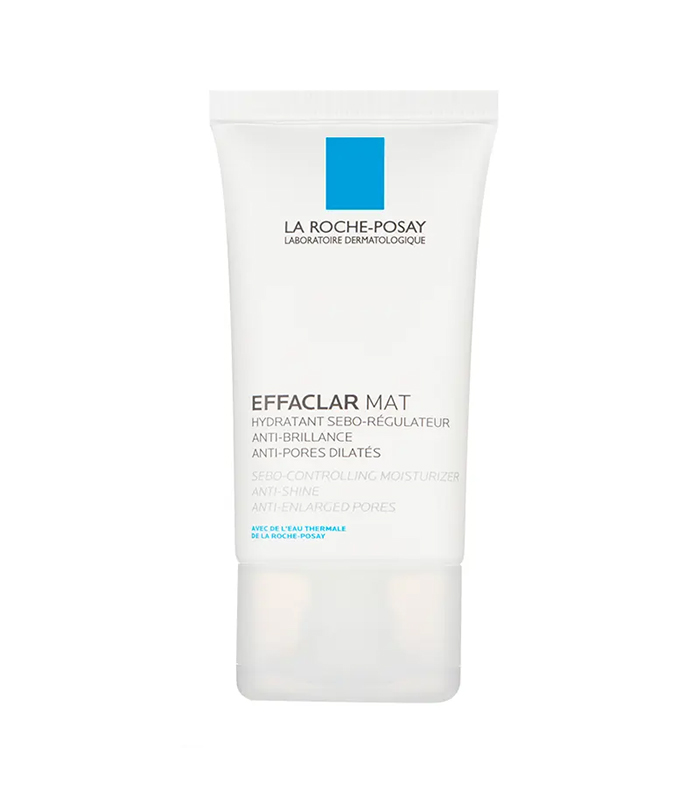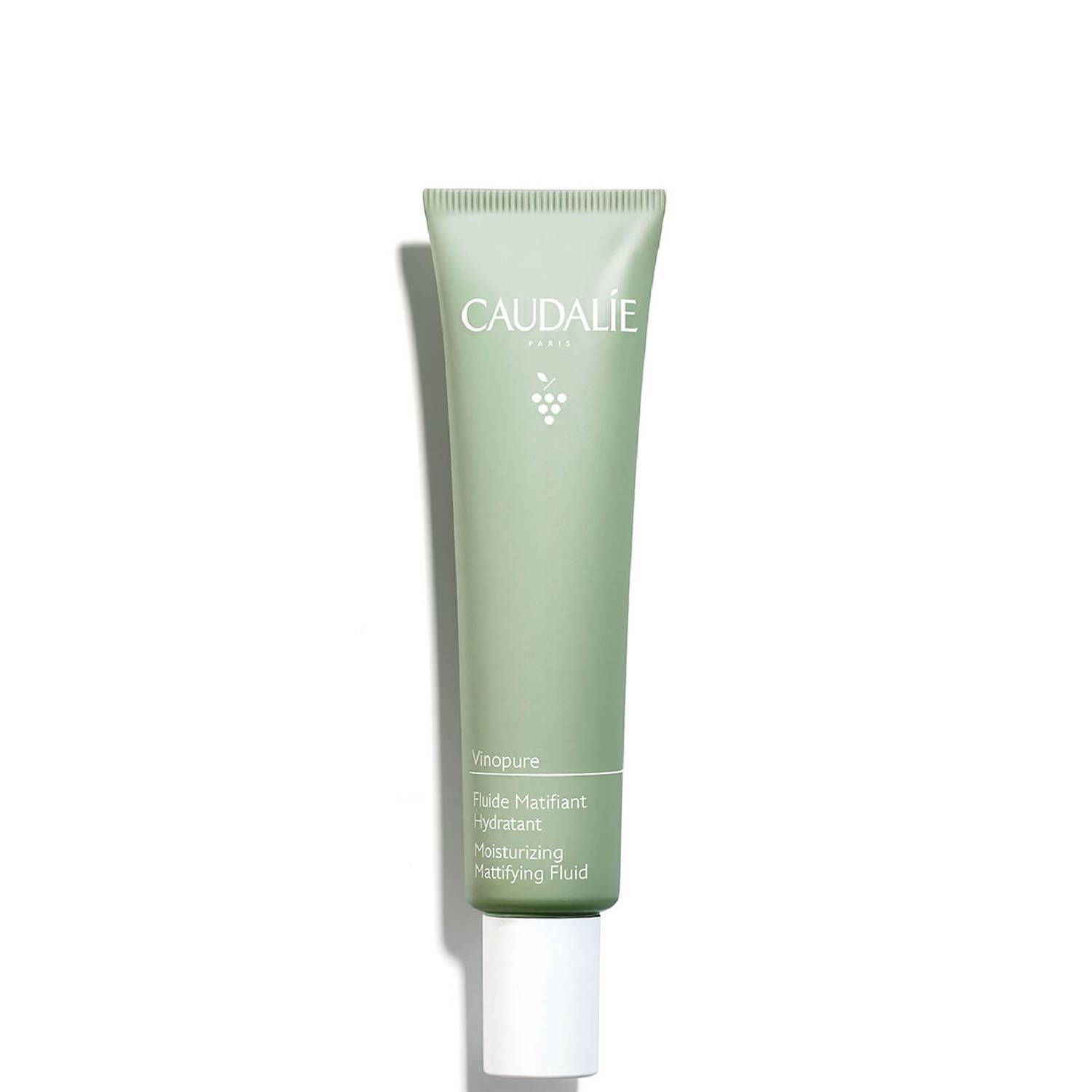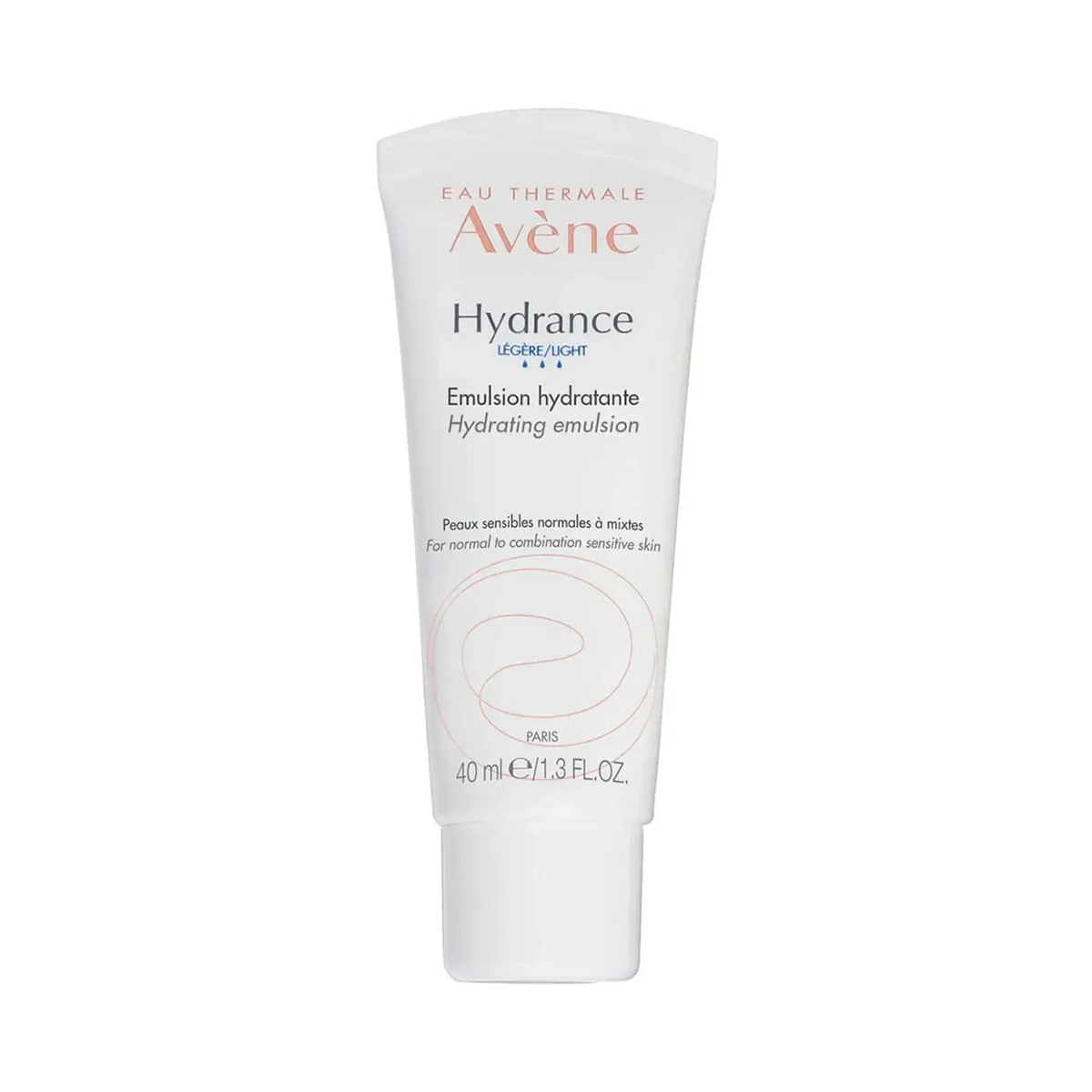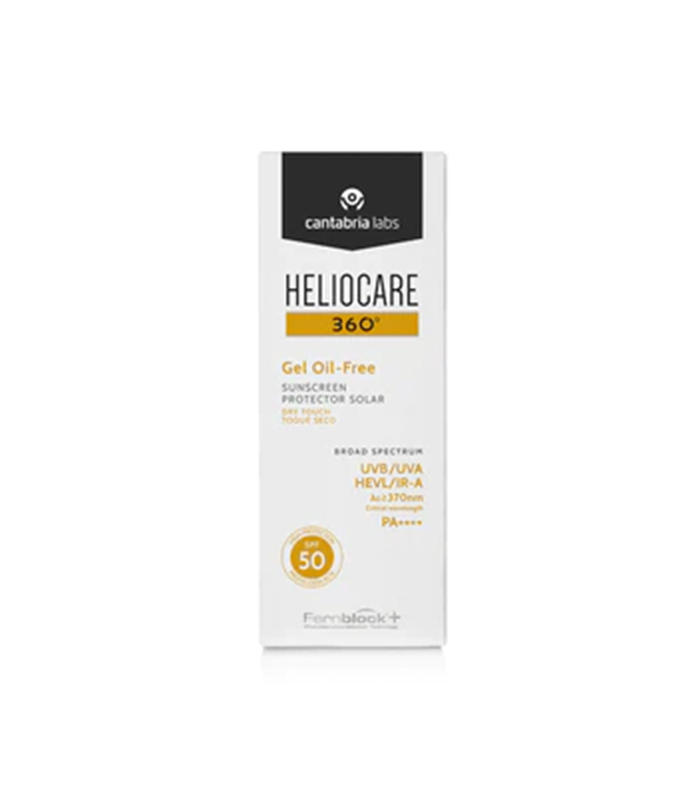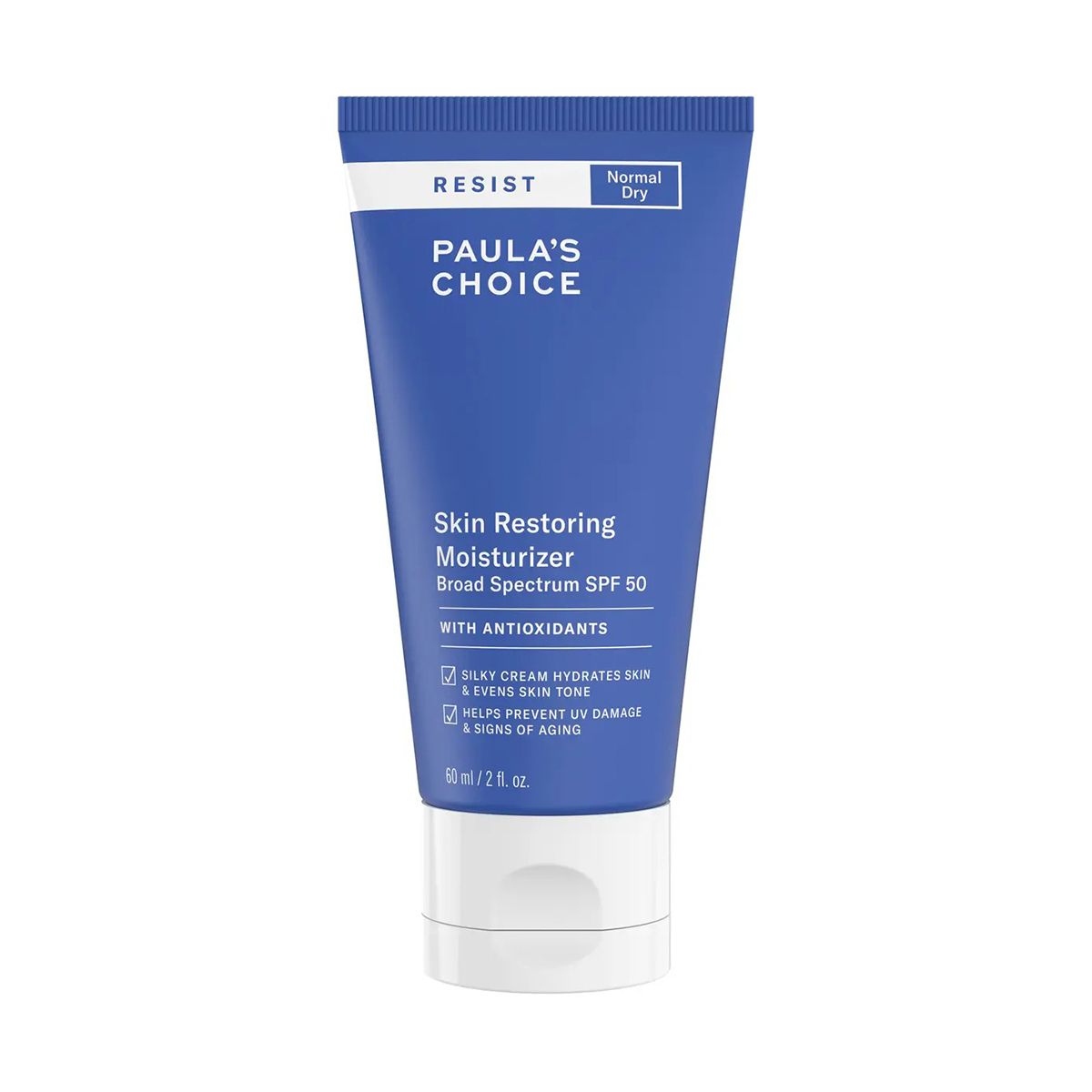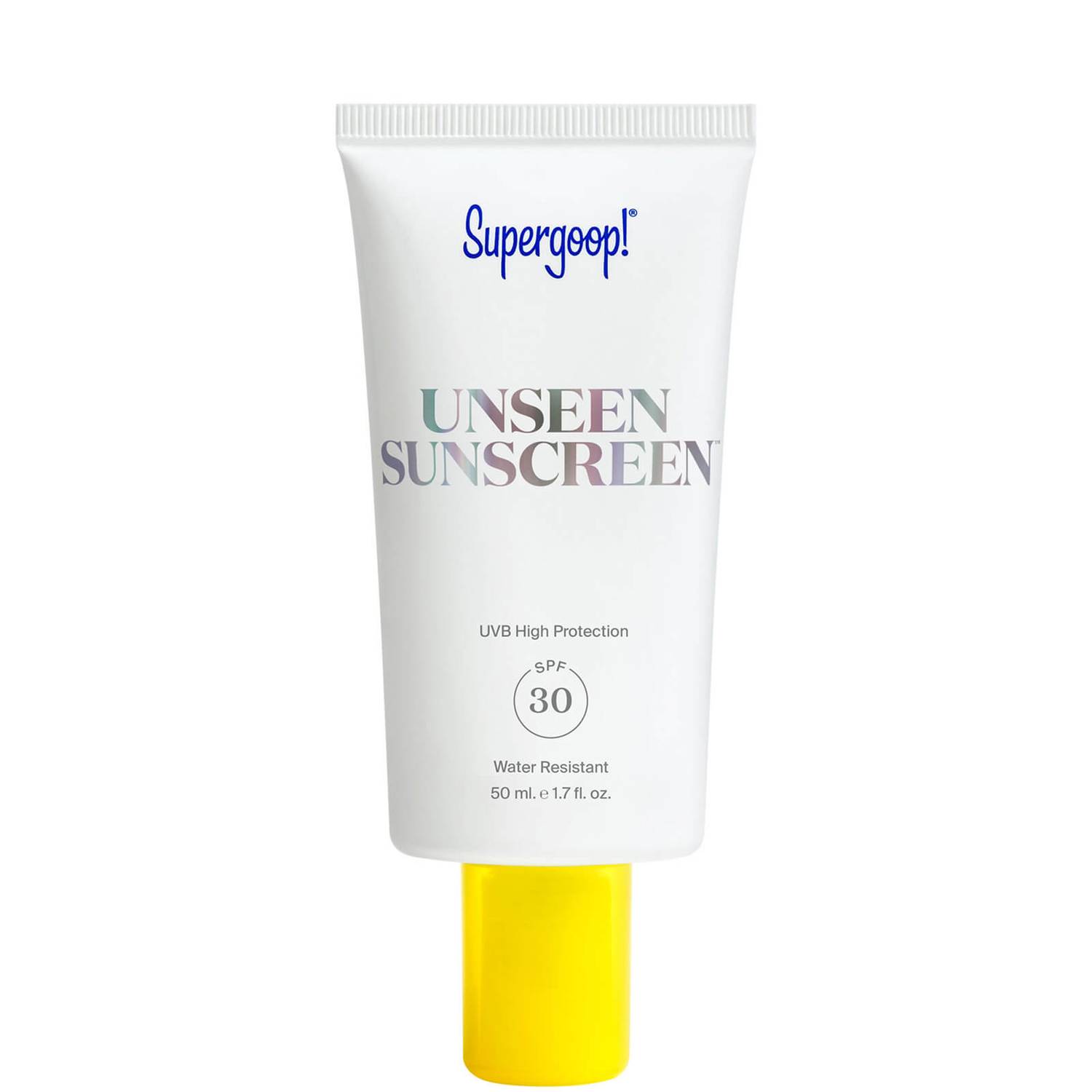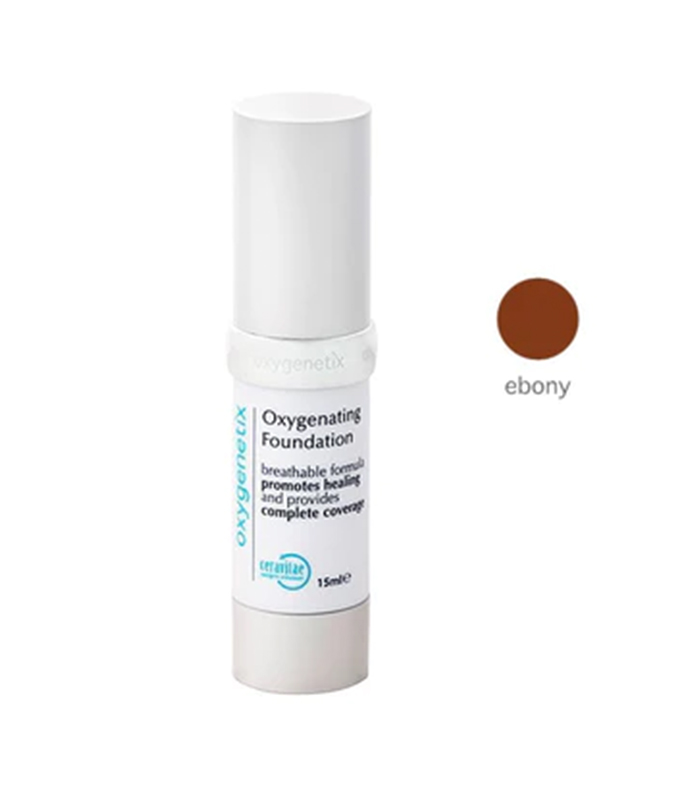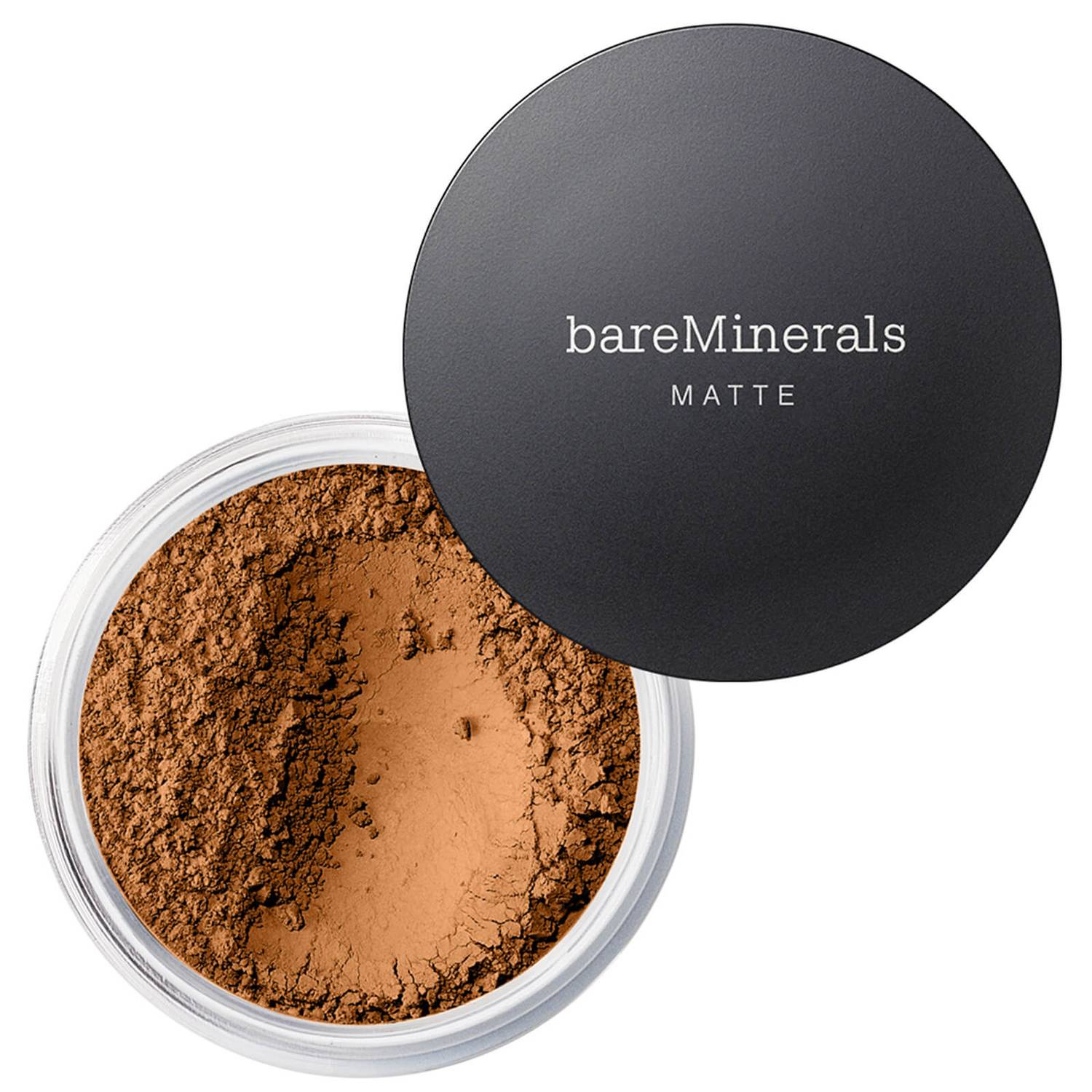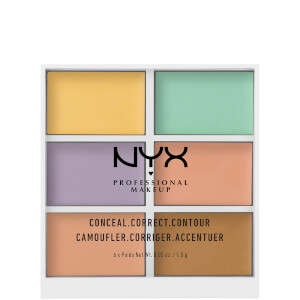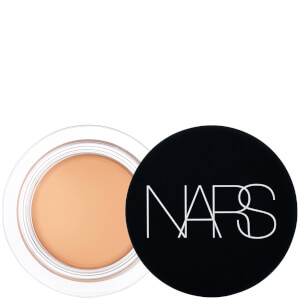A Derm Just Told Me About the Biggest Skincare Mistakes for Acne

As a beauty editor who has experienced acne throughout my adult life, I know how the skin condition can affect those who have stubborn blemishes or hormonal acne. Finding the best skincare products for acne can be a case of trial and error. My job as a beauty journalist has been a double-edged sword. While I've been lucky enough to try almost everything—the most premium skincare brands right through to the affordable budget buys—testing a whole load of products on my skin only made matters worse (cue inflamed angry skin).
On the flip side, I've been able to seek the advice of dermatologists and skin experts who have pointed me in the right direction. I resolved my cystic acne after taking a course of spirinoclatine, as my breakouts were hormonal, but everyone is different, and what works for one person might not work for another
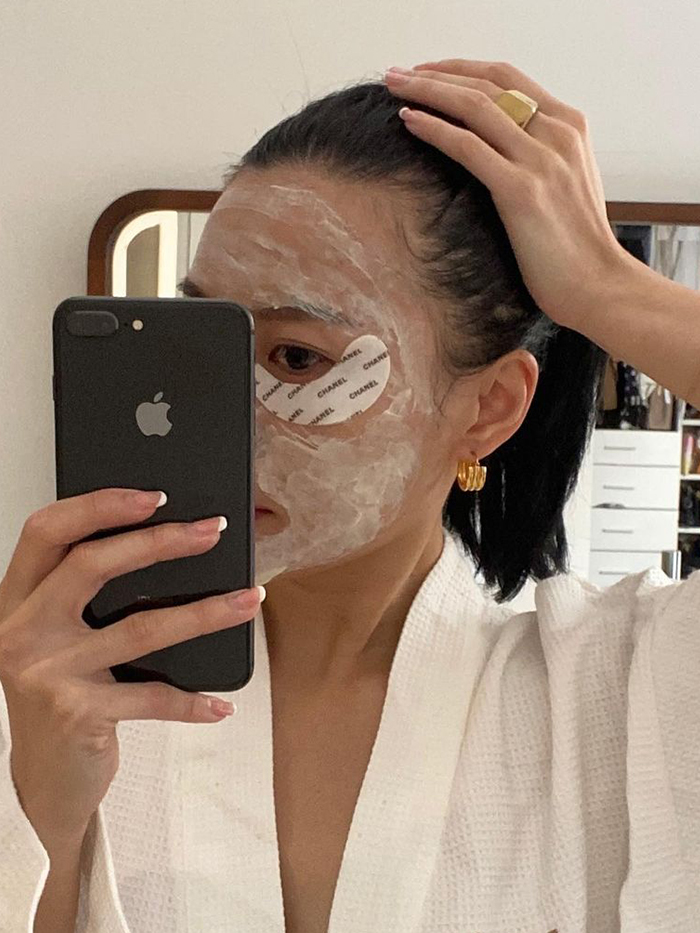
There's a lot of misinformation in the world of skincare but particularly so when it comes to skin conditions such as acne. Thankfully, dermatologists are the voice of reason in a world full of noise, particularly on social media. I'm always all ears for hearing about the products that dermatologists use, as well as what acne myths and mistakes they're keen to debunk. Thankfully, dermatologist and all-round acne expert Anjali Mahto for Purifide has shed some light on some of the most common acne myths and mistakes out there.
Myth #1: Diet can cause acne
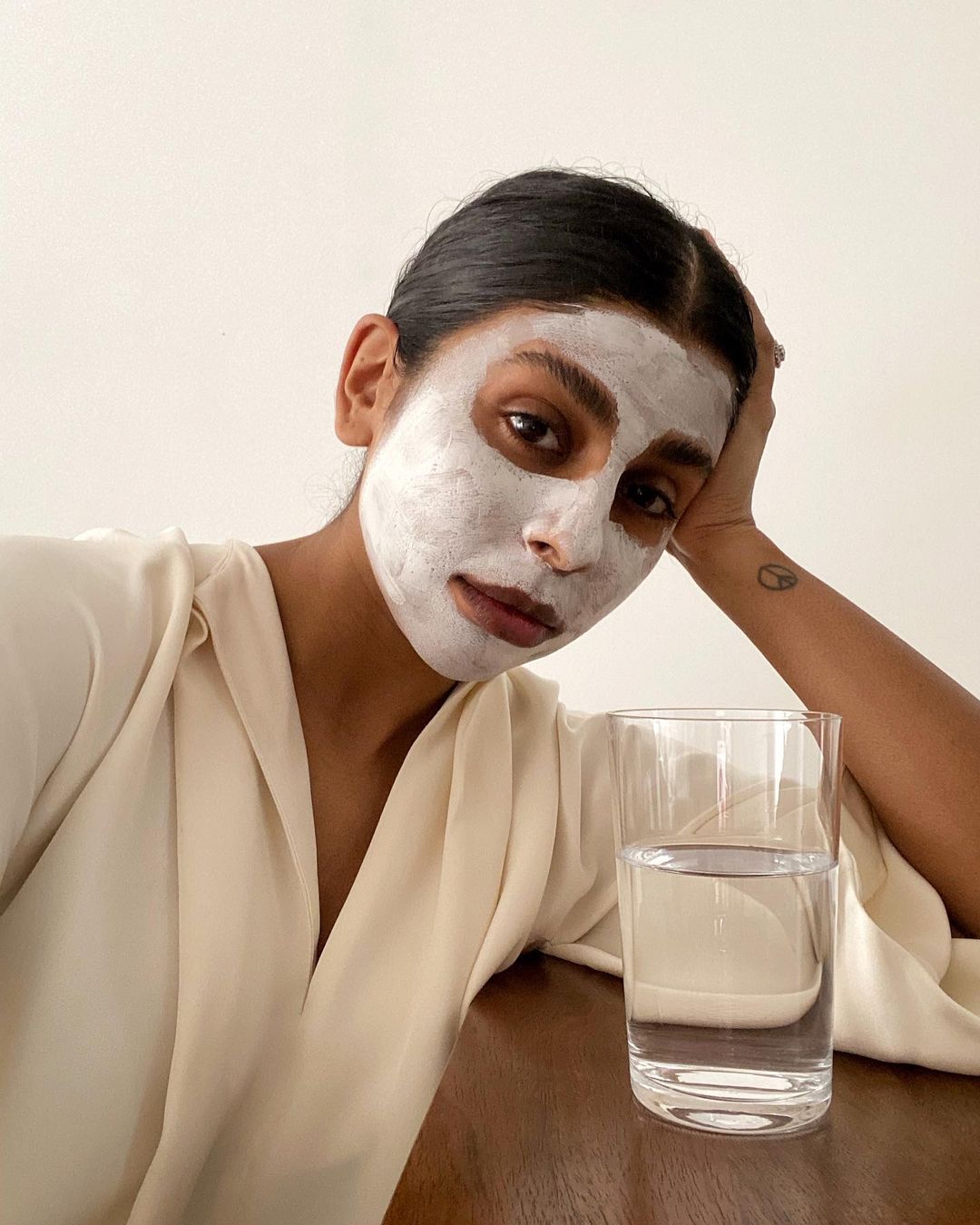
The link between acne and diet has long been debated. While it can vary from person to person, in most cases, it is not the direct cause of acne. "People often think that their skin is directly influenced by diet. However, clinical trials confirm that acne is more down to hormones and genetics, for example the makeup of your microbiome and size/density of your oil glands, which is hereditary," says Mahto. "Diet can play a role but not in the instantaneous way that some might think. A small select group of people find that cutting out dairy can affect their skin positively, but improvement will happen over time rather than within days," she adds. "A blocked comedone will have kick-started roughly 28 to 32 days prior. Sometimes people will say they had dairy recently and now they've got a spot. However, chances are that spot was brewing underneath the skin several weeks before."
Therefore, it's not always necessary to follow a restrictive diet. Paying attention to what you eat can help you draw possible links, but what might cause acne in one person might not necessarily trigger acne for you. There may be underlying triggers that are responsible for your acne breakouts. "There are a couple of factors that can predispose you to acne," says Mahto. "If a first-degree family member suffers with acne, this increases your chances of suffering with it by 50% to 90%. Genes have large part to play in the makeup of your skin. It is also very common for women who have polycystic ovarian syndrome (PCOS) to suffer with acne, and this condition is far more common that you think, affecting 8% to 10% of the female adult population," she says. "Your skin tone can also play a part, with some tones more predisposed to oiliness."
Myth #2: Uncleanliness causes acne
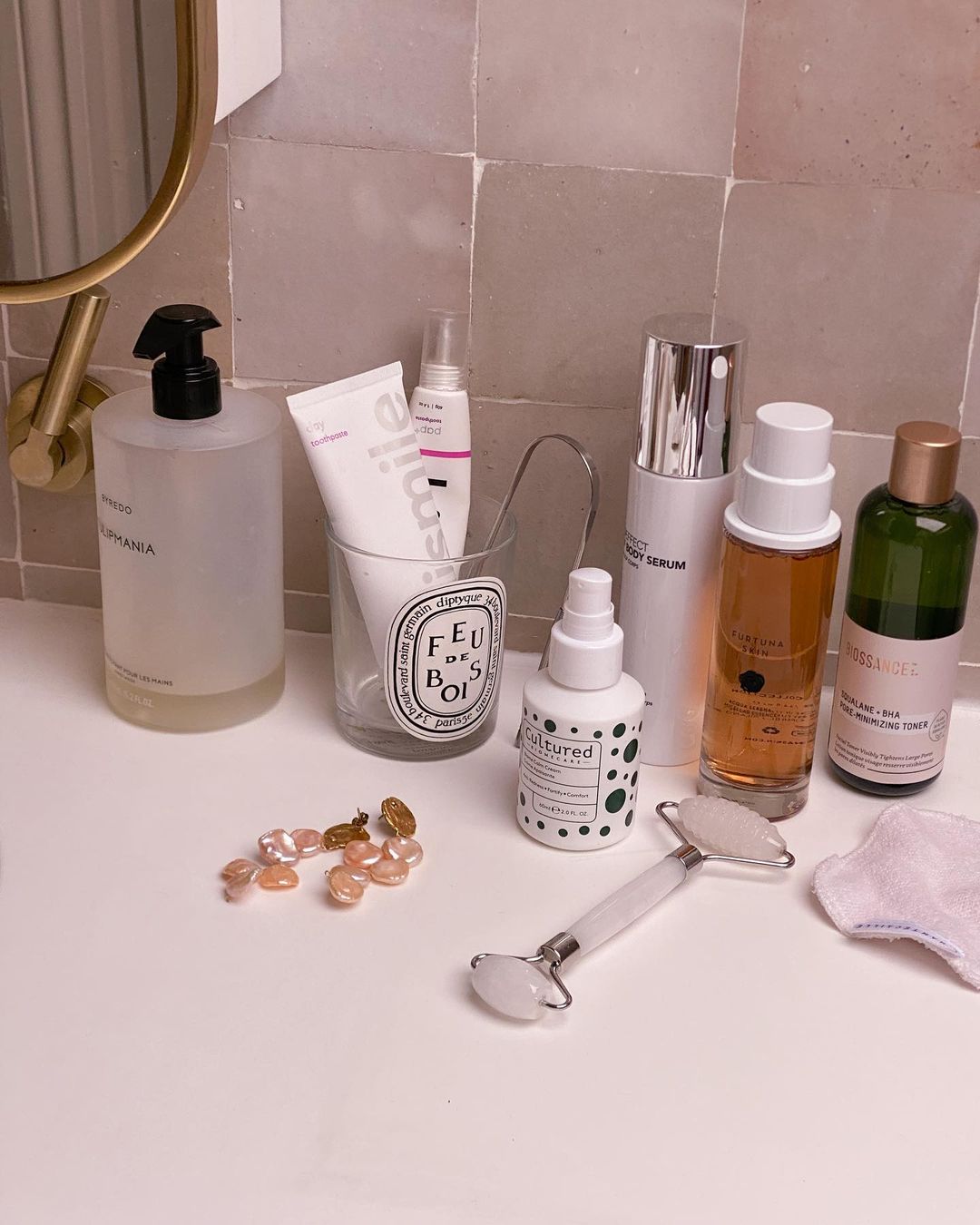
When you have a skin condition, you might receive unsolicited advice (insert eye roll) from those who may mean well, but it can be very frustrating. One of the most common myths is that acne is directly linked to cleanliness. "Lack of cleanliness and poor hygiene are often thought of as a cause of acne. This just isn’t the case. In fact, people with acne are very aware of hygiene and are more prone to overwashing or cleansing, which can makes things worse," explains Mahto.
In reality, acne is much more deep-rooted than simply cleansing your skin. "The cause of acne is primarily from the increase or change in hormones during adolescence, which causes the oil gland to produce too much oil, blocking the pores," she says. "The bacteria that live on the skin can act on this blocked pore, causing deeper inflammation. It’s a perfect storm." So while cleansing the skin can help remove excess oil, it's not the be all and end all to prevent acne altogether. Mahto recommends using a gentle cleanser to cleanse your skin morning and night. Look for cleansers with salicylic acid, which help to break down excessive oil in the pores.
Shop cleansers for acne:
Myth #3: Acne-prone skin doesn't need a moisturizer
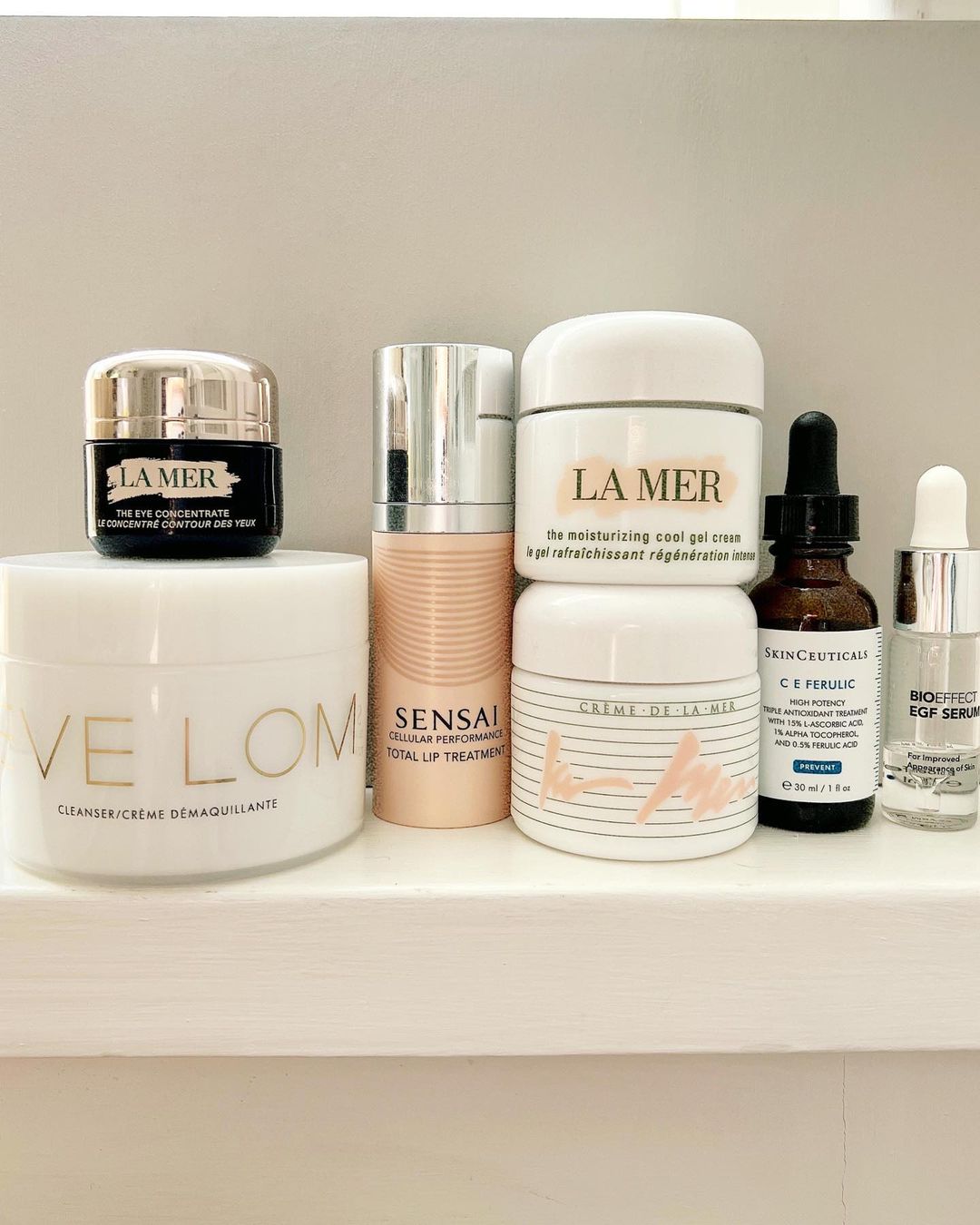
Now, if you were to get a group of skincare experts in a room together, this topic may well be contested. While everyone will have a preference on what works best for their skin, Mahto sits in the camp that acne-prone skin types should be using a moisturizer—it just needs to be the right one. "It is a myth that oily or acne-prone skin doesn't need moisturizer. Remember oily skin does not mean hydrated skin, you still need a moisturizer to help support the skin barrier," she says. "Moisturize with a gentle moisturizer. Again, look for useful ingredients such as salicylic acid, lipids like ceramides or squalene, zinc, sulphur, AHAs, BHAs or PHAs."
Facialists and dermatologists also generally recommend avoiding oil in your skincare if you're acne-prone. Instead, you may prefer mattifying water-based moisturizers. These usually have a gel consistency that feels lightweight. They can help control shine and tend to clog the pores less so than heavy moisturizers.
Shop moisturisers for acne:
Myth #4: SPF clogs the skin
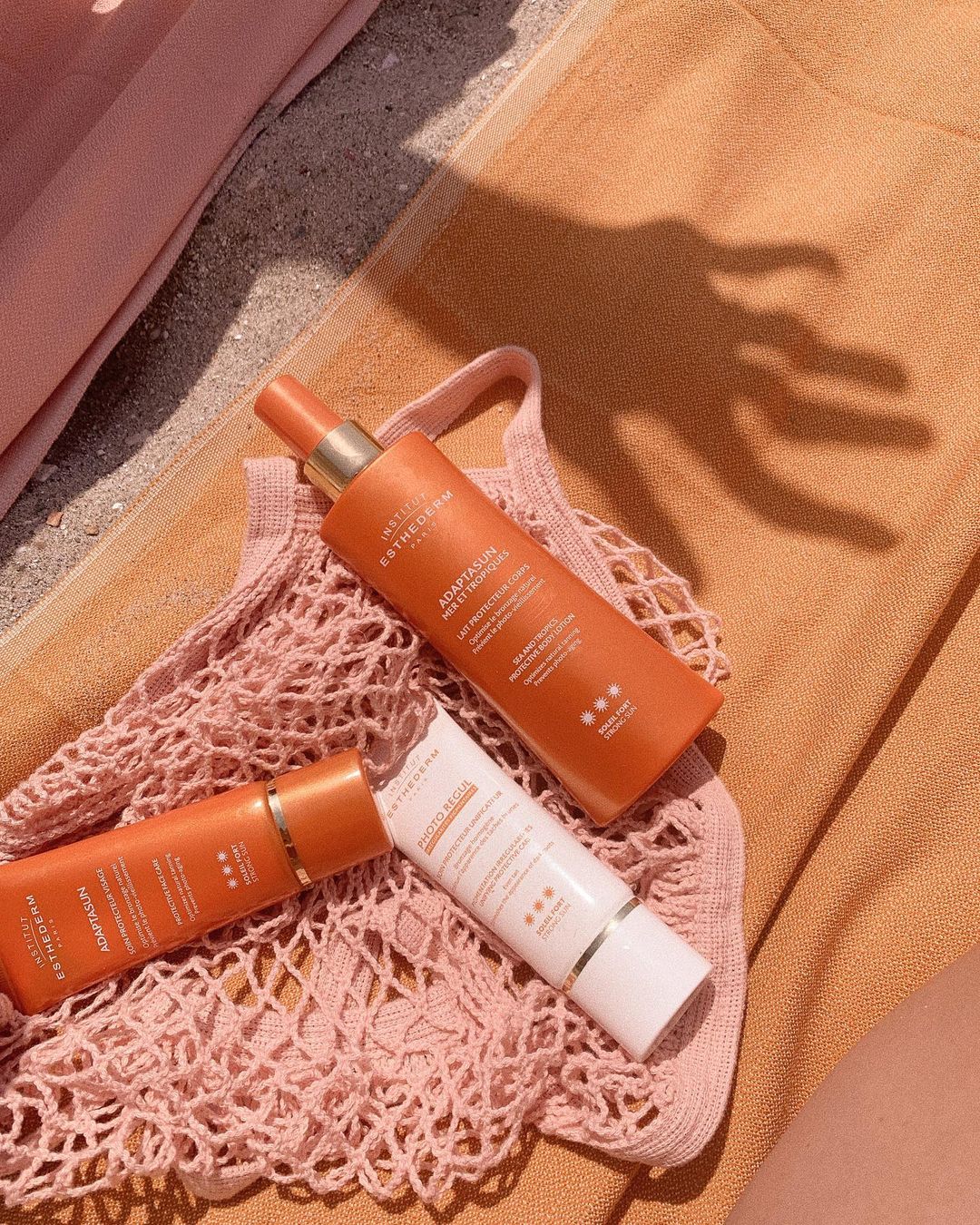
"Many believe that sunscreen will block your pores and cause spots. In fact, acne-prone skin can be more in need of sun protection, as UV exposure can increase pigmentation," says Mahto. "Prolonged sunlight can also drive comedones (blocked pores that form a bump) or blackheads, so it can actually make your acne worse. Short-term ultraviolet light can be good for the skin, as it can be anti-inflammatory, but we all need to be protected from long-term damage." Indeed, the sun is one of the biggest drivers of skin aging (not to mention that UVA rays can also cause skin cancer), so protecting your skin is paramount.
Like moisturizers, it's about finding a formulation that works for your skin. There are now so many good SPFs for acne and oily-prone skin to choose from. Look for an oil-free and mattifying or oil-controlling formulation.
Shop SPFs for acne:
Myth #5: Expensive products are better
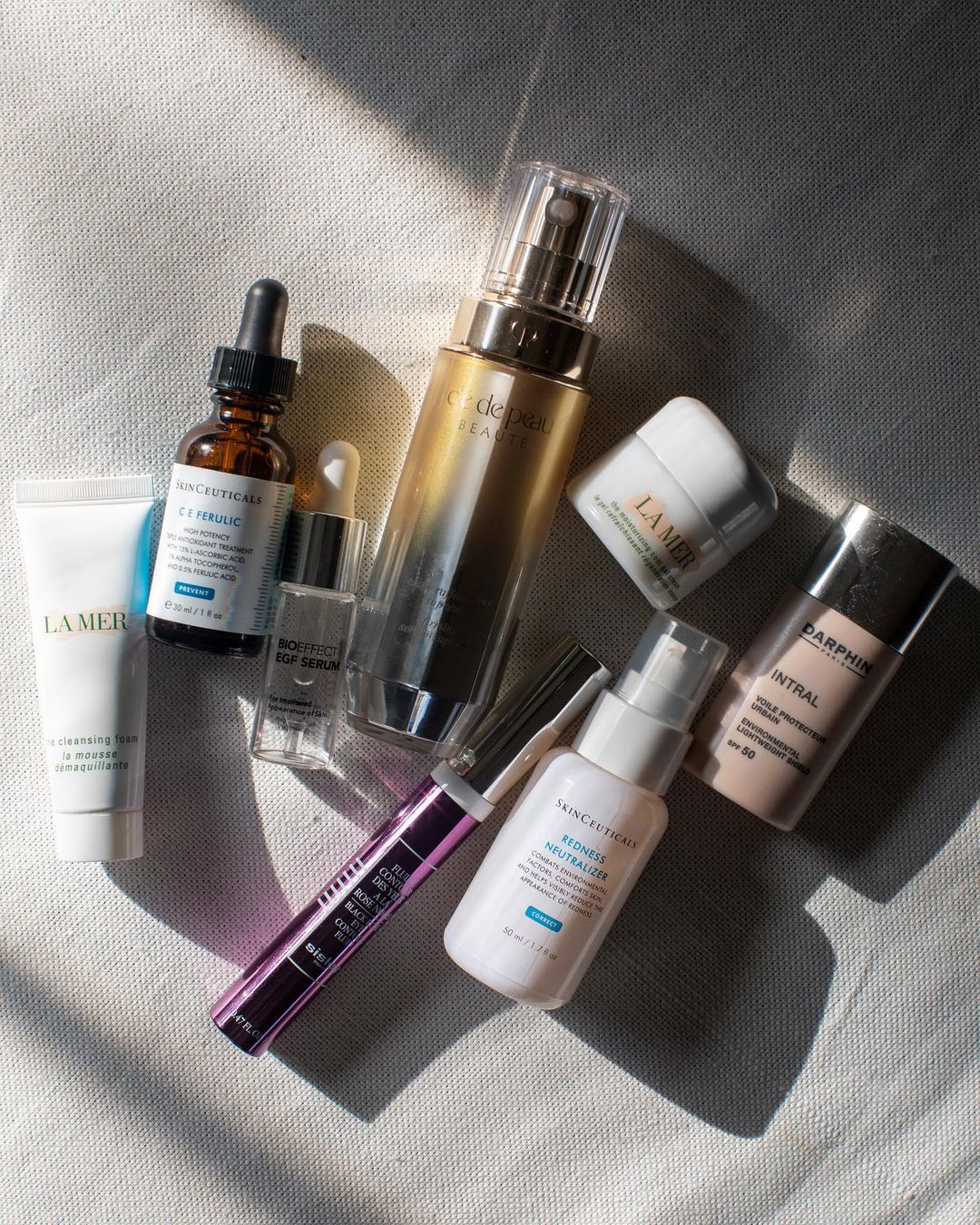
It's a myth that more expensive skincare equals better results. Of course, there are premium skincare brands that we love to invest in occasionally, but you don't have to spend a fortune to get results. In fact, Mahto says that spending lots of money and constantly changing your skincare products is a mistake. "You do not need to spend an absolute fortune on good skincare. I think it's really important this message gets out, as products that are formulated well work similarly," she says. "If you look at really expensive products and budget-friendly, high-street products, they often will contain exactly the same ingredients. The money often goes into the extra marketing, packaging and branding."
If you are tackling a skin concern and trying active ingredients (think salicylic acid or retinols), Mahto recommends being patient. "Give the routine and products time to work because the skin cycle is roughly every 28 to 32 days, meaning this is how often skin cells shed and blackheads can form. In fact, most acne clinical trials run for a minimum of 12 weeks because it takes a few cycles to see a difference," she says.
However, if after a couple of months you're not seeing results, don't be afraid to speak to your GP to seek other options or ask to be referred to a dermatologist. "If you've been doing that for a period and haven't found the right cleanser or the right moisturizer, remember it's not your fault, and it might actually just be a sign that you need to escalate treatment."
Myth #6: Makeup causes acne
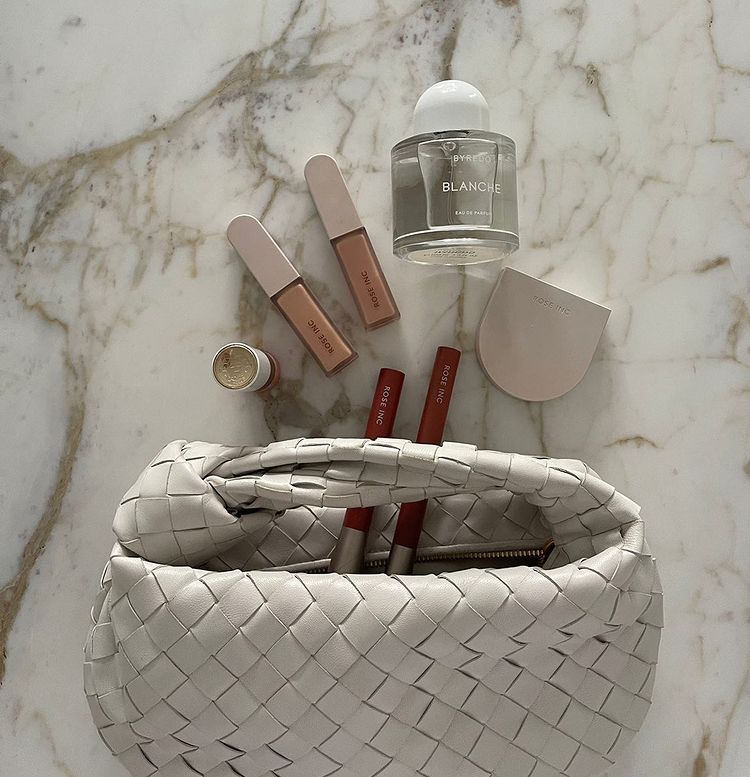
There's a misconception that makeup can cause acne, and those with acne-prone skin are often told that makeup will make acne worse. "I definitely don't think we should be shaming people for wearing makeup, as long as they are guided on the types of products they should be using and the application process," says Mahto. "There are clinical trial data that show that wearing makeup will give acne sufferers more confidence. Makeup alone doesn't cause acne. Likewise, going makeup free won't stop excess oil, bacteria or dead skin cells shedding in the pores or control the spot-causing bacteria."
If you want to wear makeup, then you can. Mahto has a few pointers on how to make your makeup work best for your skin. First, ensure your hands are clean and your brushes are also clean. "I would recommend that makeup brushes are cleansed on a weekly basis," she says. After applying your moisturizer and SPF, assess what areas you'd like to address. "If you're acne prone, you may find it helpful to just use makeup in the areas that you need it and allow the skin where you've got no acne or blemishes to remain uncovered," she says. "If you still want to go for a heavy base or a heavy concealer, look for products that are noncomedogenic. These can include mineral-based products, which can help dry up the skin and tend to be more mattifying." Matte foundations, for example, tend to work better on oily or acne-prone skin.
Color correctors can be particularly helpful if acne scarring and pigmentation are concerning you. "A lot of people with acne find that it's the redness or the discoloration that bothers them. Someone with lighter skin tones might get away with just using a green color corrector that will neutralize redness with a little bit of concealer rather than applying a heavy foundation everywhere," she says. "Similarly, for those with darker skin tones who experience dark marks rather than redness, using peach color correctors underneath their makeup or concealer can help neutralize dark marks."
Shop makeup for acne-prone skin:
Up Next: Dark Circles, Where? These 13 Color Correctors Are Practically Magic Wands
This post originally appeared on Who What Wear UK.

Eleanor Vousden is the beauty editor for Who What Wear UK. She was previously deputy editor at Hairdressers Journal, health writer at Woman & Home and junior beauty editor at Powder. She has also contributed to Wallpaper and Elle Collections.
With a degree in fashion journalism from the London College of Fashion, she has 10 years of industry experience and has been highly commended at the BSME Talent Awards for her work on Powder and also contributed to the title winning Website of the Year at the PPA Awards.
Eleanor’s journalistic focus is providing readers with honest and helpful beauty content. She has interviewed celebrity makeup artists, hairstylists and dermatologists throughout her career, as well as celebrities such as Hailey Bieber, Sarah Jessica Parker and Scarlett Johansson.
